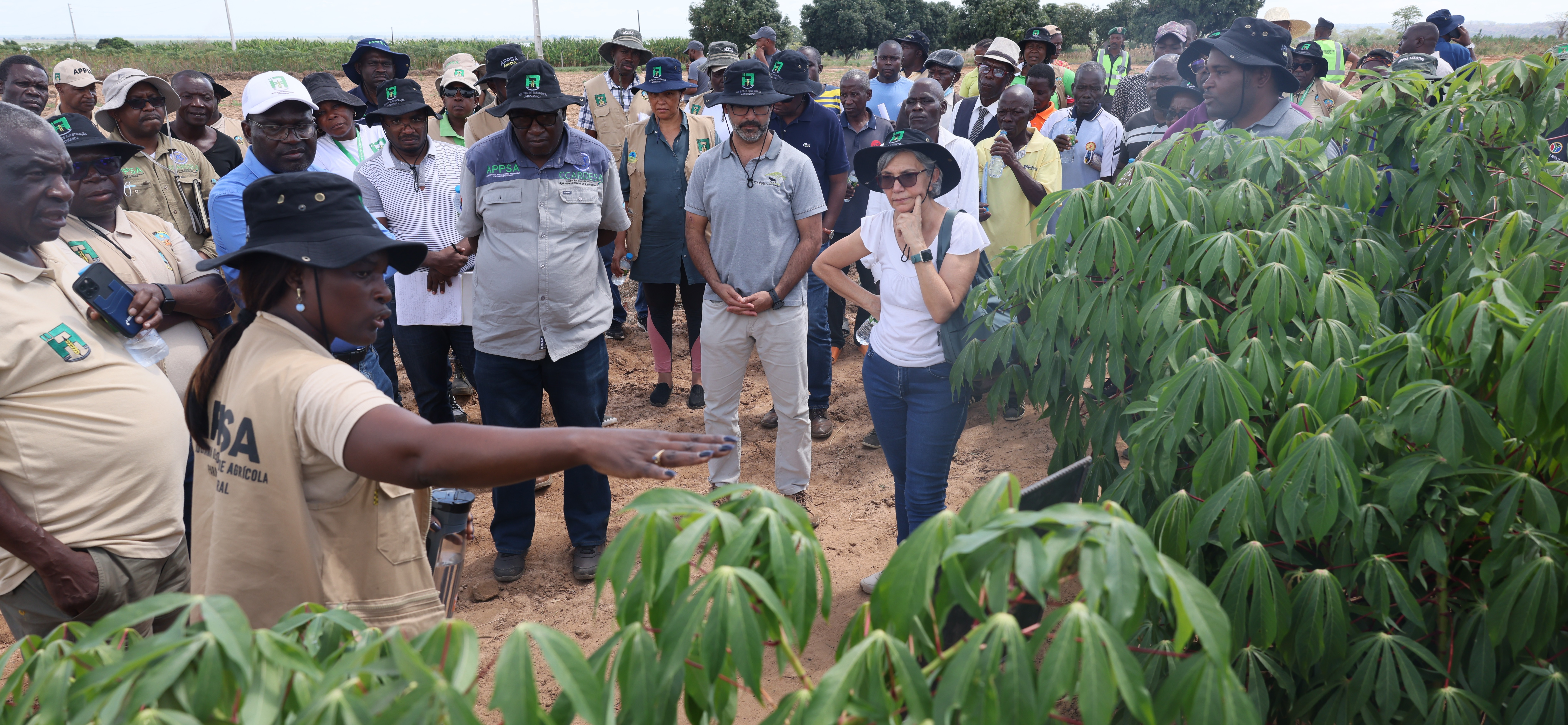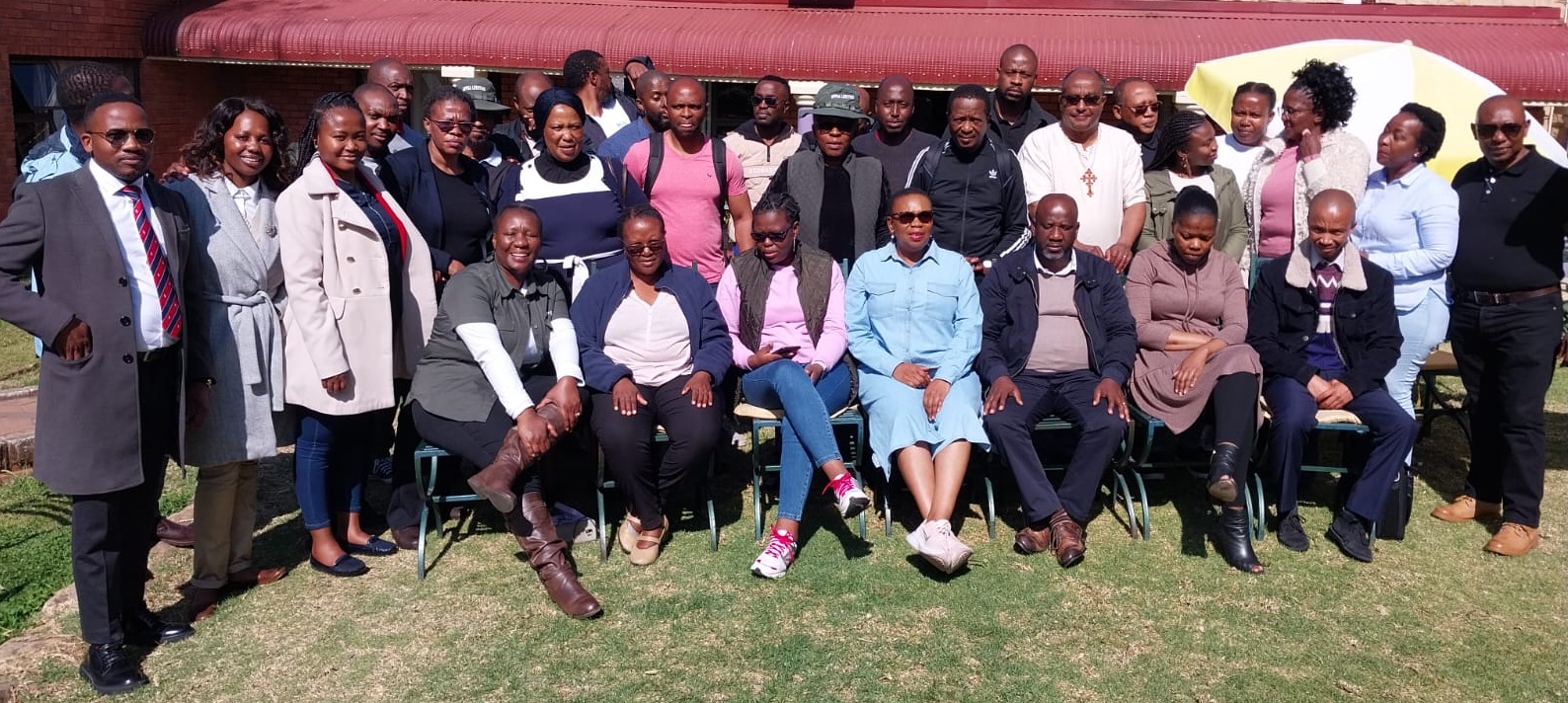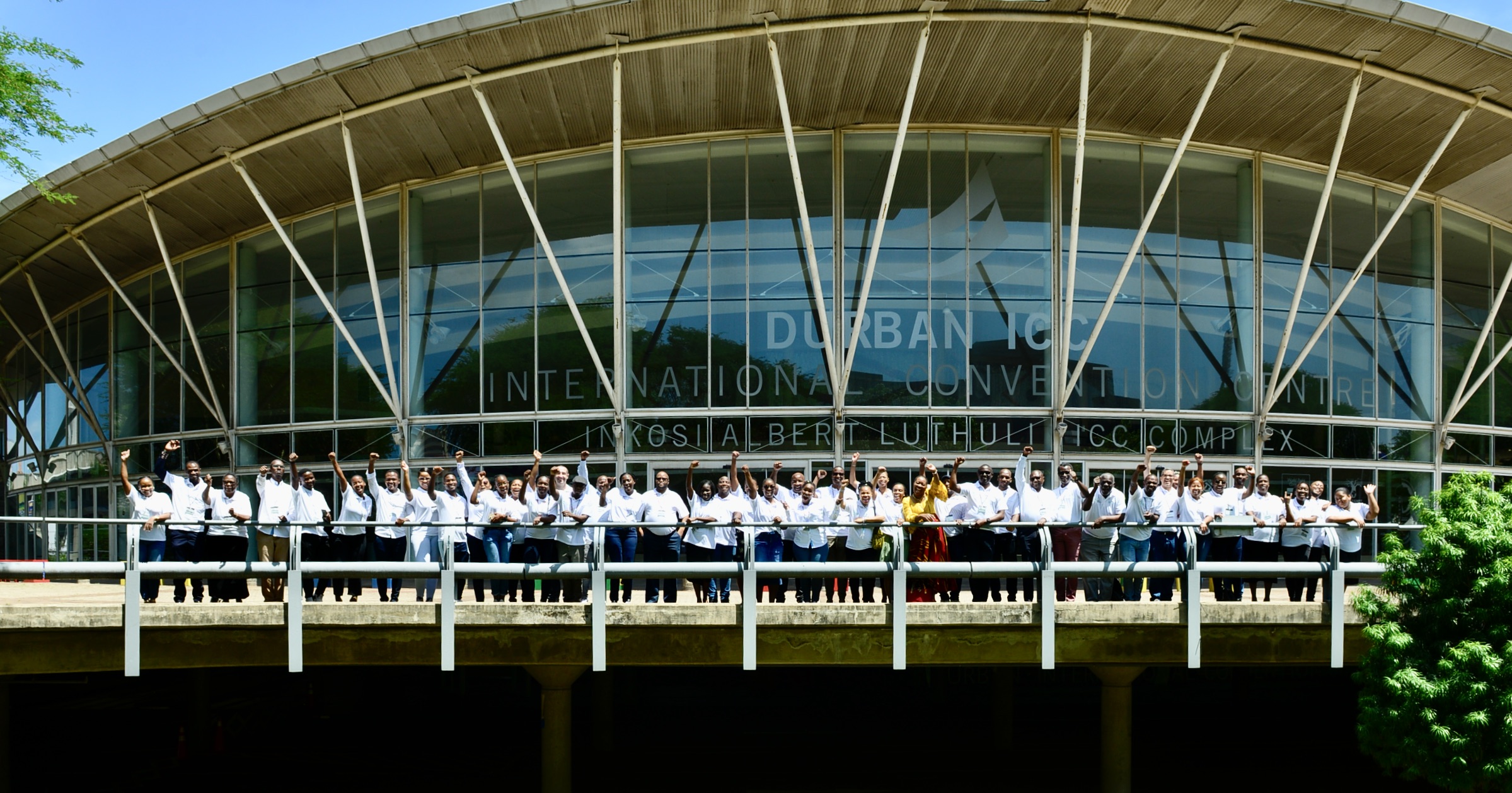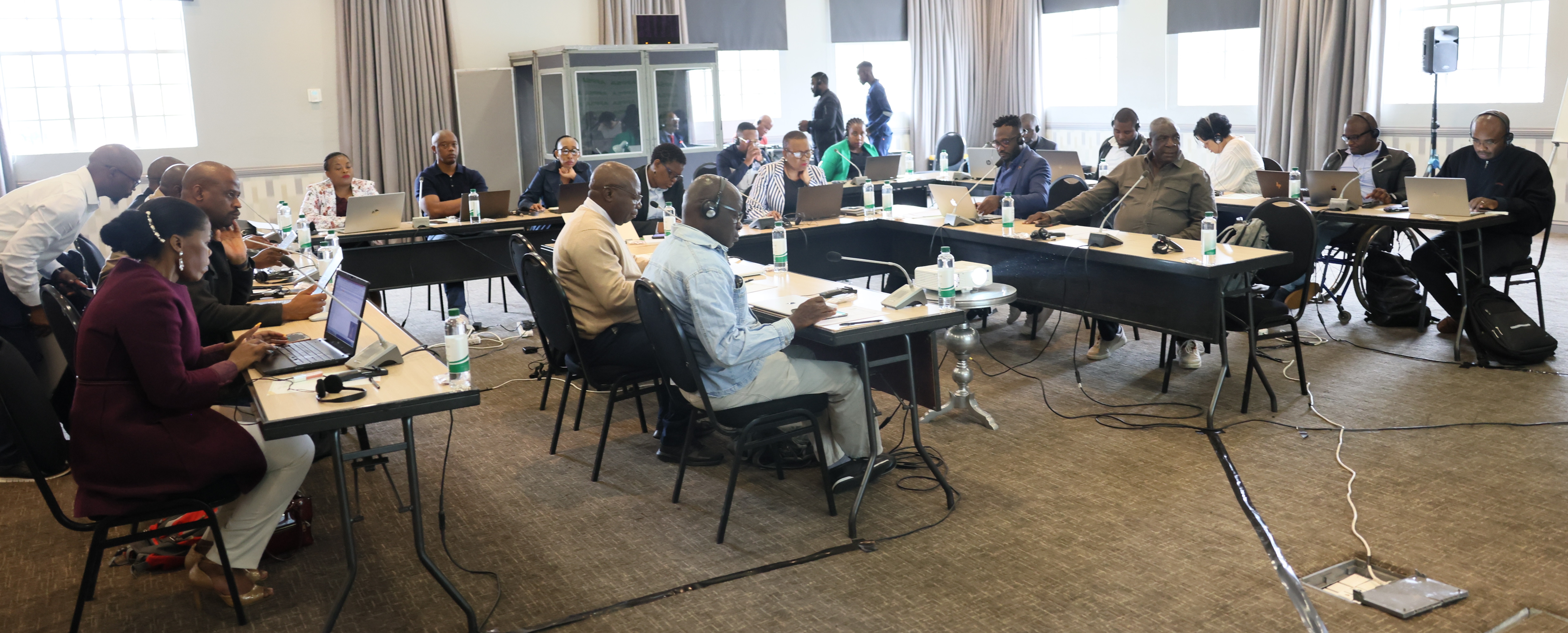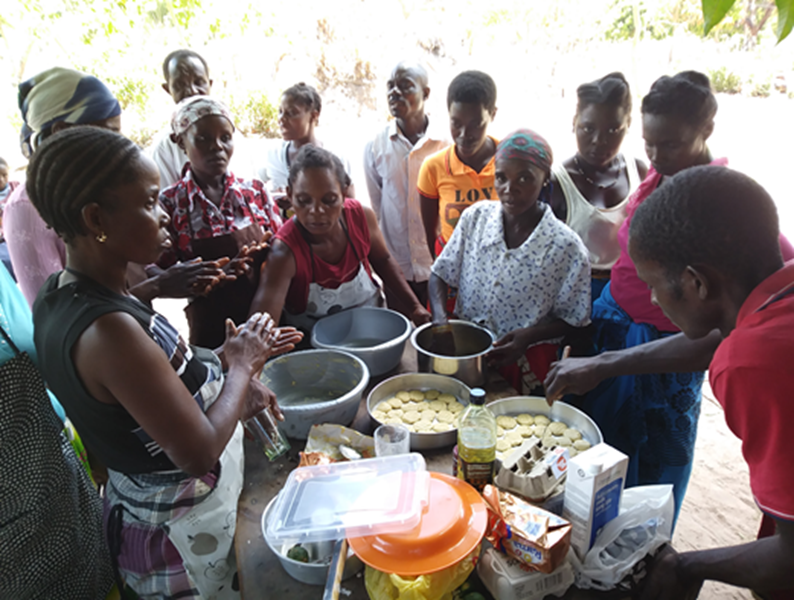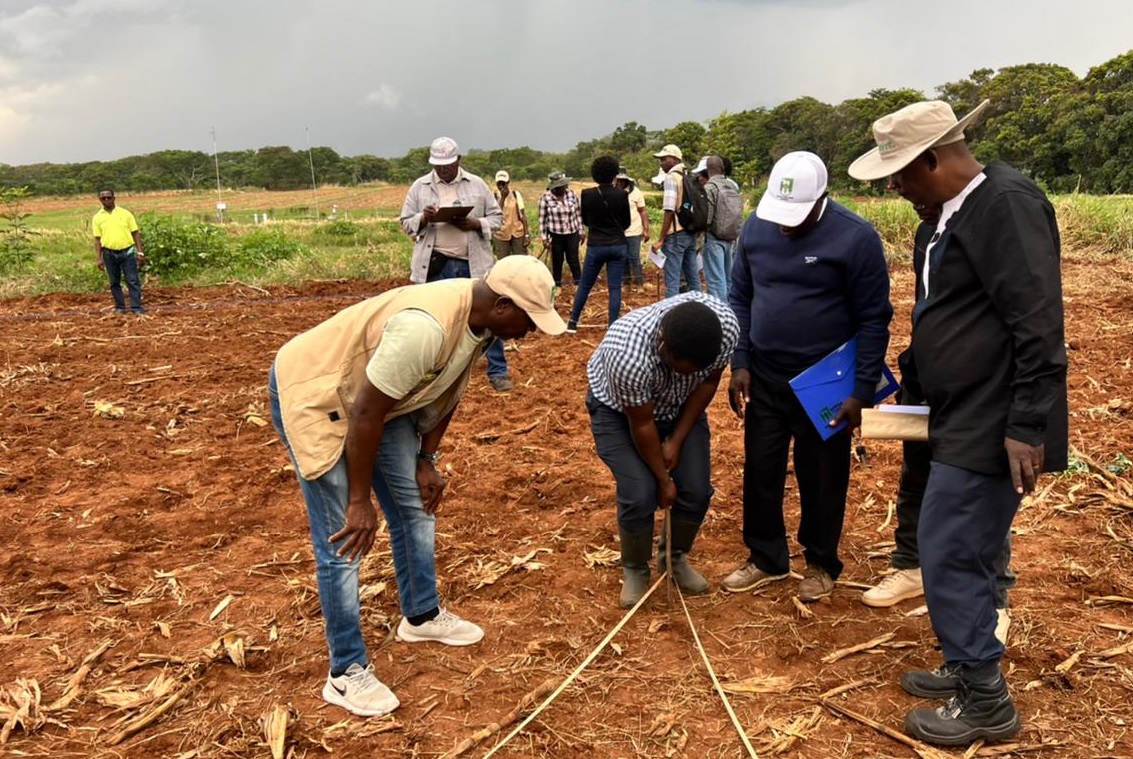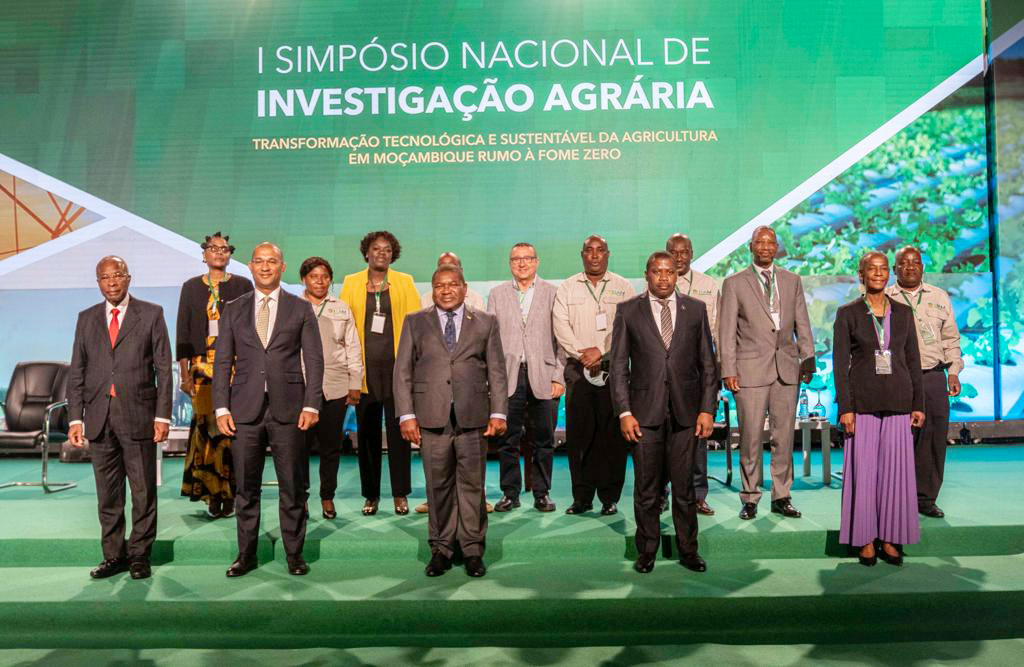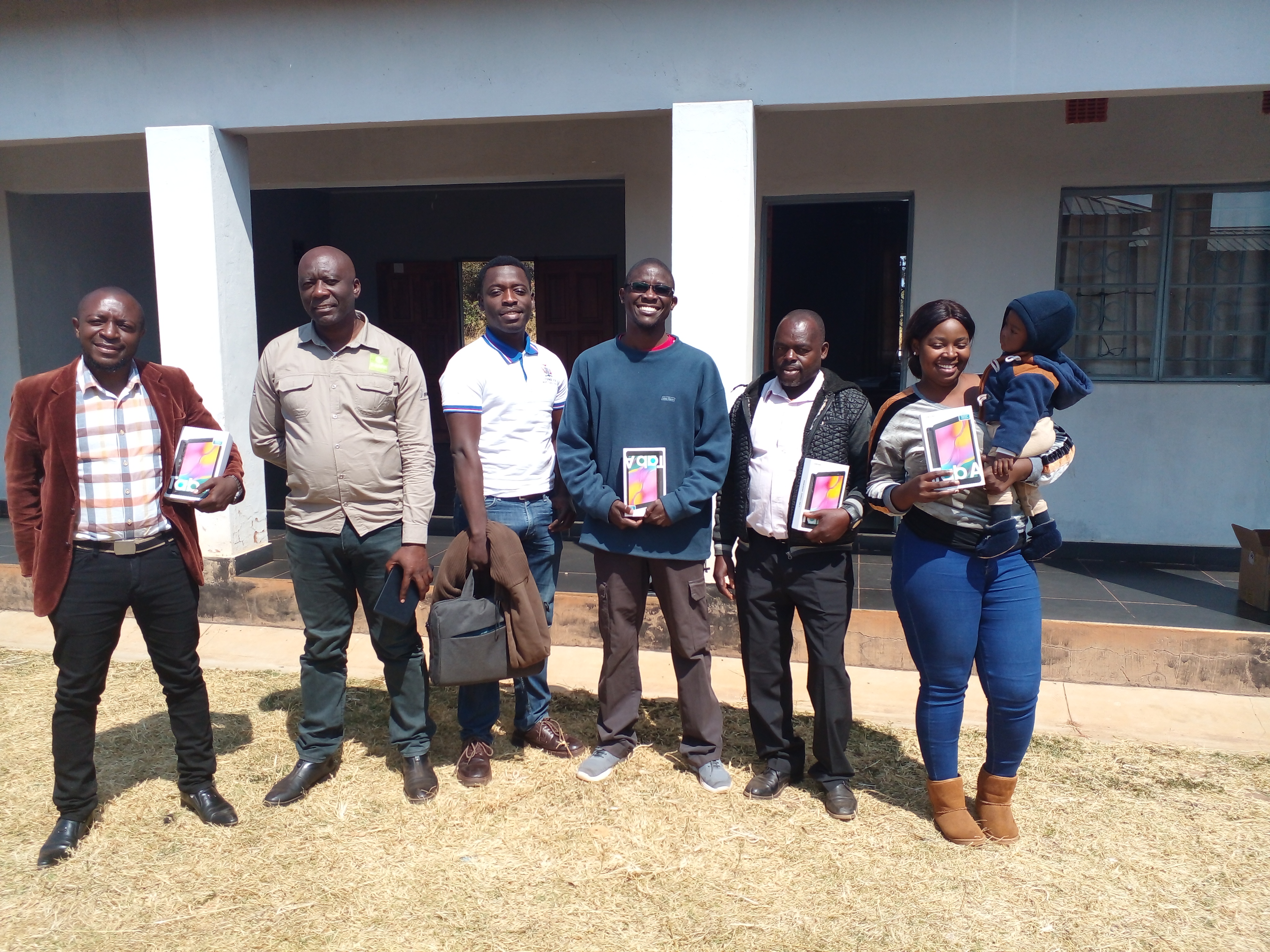Climate finance fundamentals 2: the global climate finance architecture
Climate finance fundamentals present short introductory briefings on various aspects of international climate finance, designed for readers new to this critical area. In light of the fast pace of developments in climate finance, the briefs allow the reader to gain a better understanding of the quantity and quality of financial flows going to developing countries.
Climate finance remains central to achieving low-carbon, climate resilient development. The global climate finance architecture is complex and always evolving. Funds flow through multilateral channels – both within and outside of the United Nations Framework Convention on Climate Change Financial Mechanism – and increasingly through bilateral, as well as through regional and national climate change channels and funds. Monitoring the flows of climate finance is difficult, as there is no agreed definition of what constitutes climate finance or consistent accounting rules. The wide range of climate finance mechanisms continues to challenge coordination. But efforts to increase inclusiveness and complementarity as well as to simplify access continue.
Heinrich Böll Stiftung North America
Bird, N., Watson, C., and Schalatek, L. 2017. The Global Cimate Finance Architecture: Climate Finance Fundamentals. ODI. London.


